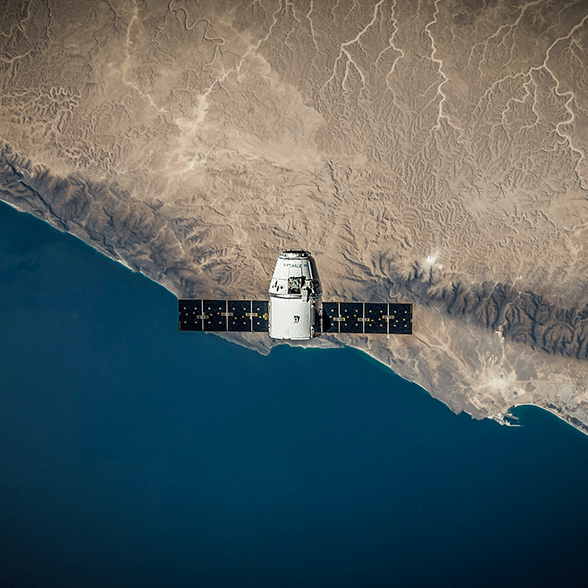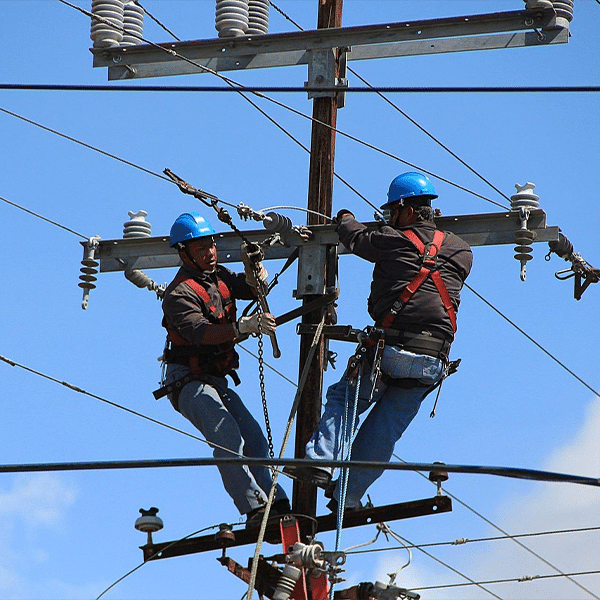The Federal Communications Commission (FCC) has adopted a Report and Order that opens 1300 MHz of contiguous spectrum for non-geostationary orbit (NGSO) fixed-satellite services. The report and order also changes the rules to enable NGSO providers to utilize that spectrum.
The spectrum is in the 17.3 GHz to 17.8 GHz band.
Chairwoman Jessica Rosenworcel’s statement on the moves highlighted previous steps taken by the FCC’s Space Bureau. The next step for the FCC, she said, is the opening of the spectrum for shared use by satellite systems in geostationary and non-geostationary orbits.
“This large, contiguous block of spectrum will support advanced services, including high-speed broadband access,” Rosenworcel’s statement reads. “Our rules allow a range of use cases from different orbits, bolstering competition in the space economy and creating more opportunities for companies from the United States around the world.”
The FCC will allow NGSO fixed-satellite services in the 17.3-17.7 GHz spectrum in the space-to-Earth download direction on a co-primary basis with incumbent services and on a shared, co-primary basis with geostationary satellite orbit (GSO) services, the press release says.
The Report and Order also allows NGSO fixed-satellite service downlinks in the 17.7-17.8 GHz band on a co-primary basis with GSO services and on an unprotected basis with terrestrial fixed services.
The highest profile company in the burgeoning low earth orbit (LEO) sector is Starlink.
It is, however, not the only such organization. Earlier this month, for instance, another provider — AST SpaceMobile — launched the first of five commercial satellites. The satellites, which are known as “BlueBirds,” are outfitted with antennas that enable smartphones to connect directly with cellular networks. Each of the satellites has a capacity of up to 40 MHz and peak data transmission speeds of up to 120 Mbps.



